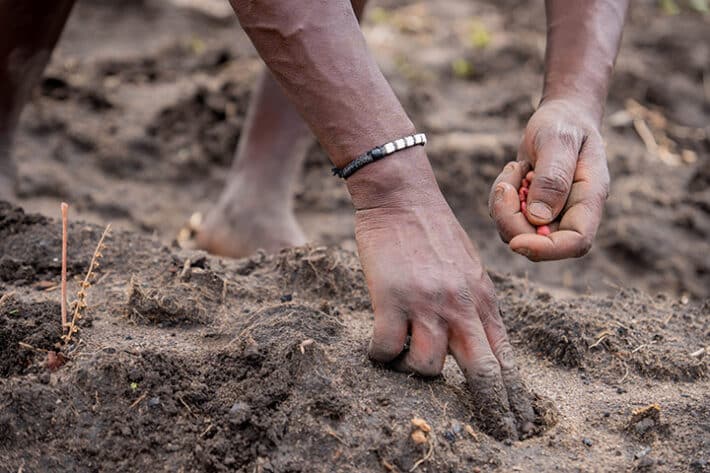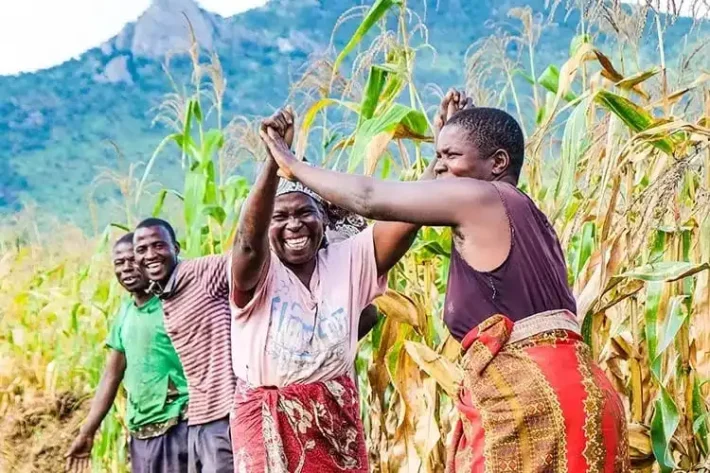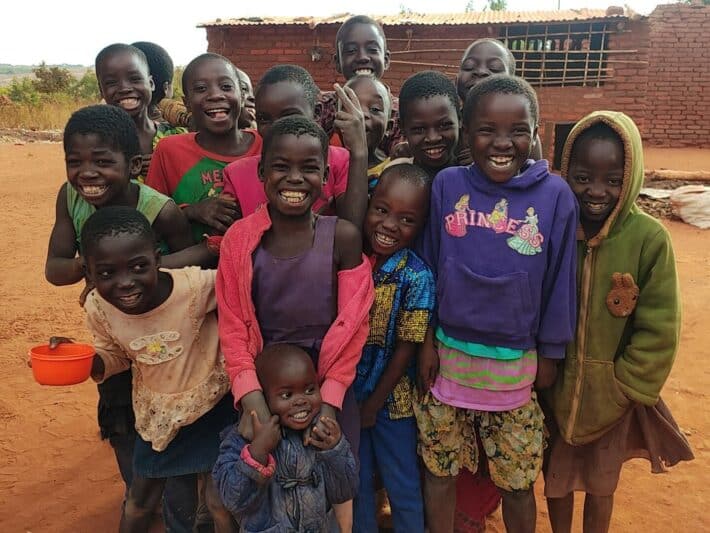The Culture of Malawi: The Importance of Maize
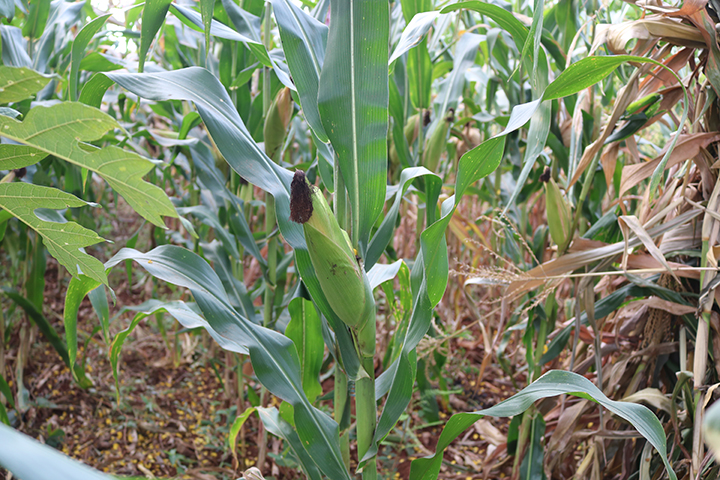

The Culture of Malawi: The Importance of Maize
Malawi, a country renowned for its beauty and rich diversity, is home to vibrant cultures and traditions. Amidst this tapestry of differences, one beloved staple unites its people, evoking cherished childhood memories – Nsima. Made from Cassava, Millet and most commonly Maize, Nsima is more than just a meal. It is a cultural cornerstone. This week, we share the importance of Maize in Malawian culture, exploring its role in shaping identity, community and tradition.
A Household Without Maize is Without Food
Maize is a staple crop in Malawi, produced by most households, and plays a significant role not only in food security but also in the tradition of Malawi. No wonder one would say “Pakhomo pano palibe chakudya,” meaning “this household does not have food,” when there is no Maize in the house. Even with alternative staples like rice, a household is considered food-insecure if there is no Maize. This highlights the significance of Maize in Malawian culture.
Maize is a main food in almost everyone’s diet. People would eat porridge, Zitumbuwa or Chigumu all made out of Maize in the morning, eat Nsima as a main meal for lunch and Nsima again for supper. Between the months of March and April it is common for most households to have green Maize as a meal at any time of the day.
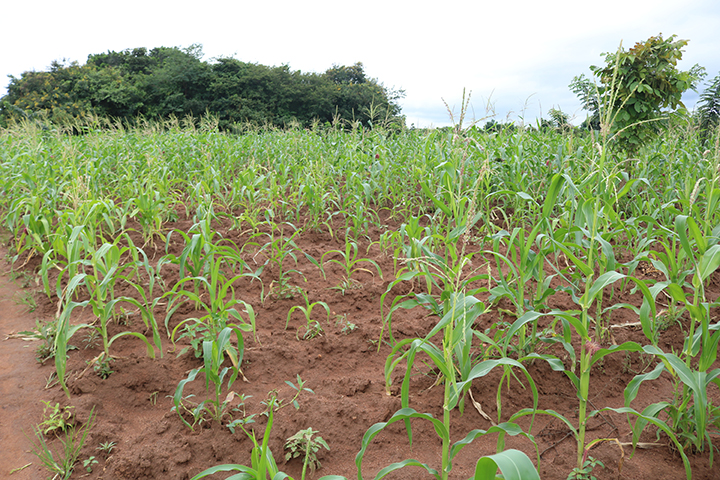
The Heart of Malawian Cuisine
If you visit a Malawian household, you are likely to be served Nsima, a meal made out of Maize. Serving Nsima to guests is a sign of respect, hospitality and welcome. Do not be surprised if a guest says “Tagona ndi njala,” meaning “We have slept on an empty stomach,” despite the fact that you served them with Rice, Potatoes or other dishes. Why? Nsima is the real food!
During weddings, funerals or any other gathering, Nsima is also commonly served with various choices of relish.
A Backbone of Populations’ Livelihoods and Country’s Economy
Maize is also a very important crop for Malawi’s Agricultural sector and economy. It provides livelihoods to millions, whose lives depend on growing maize each farming season. Maize sustains populations and contributes to the country’s food security. It also generates revenue through Maize trade, stimulating Malawi’s economic development and sustenance.
Over the years, Maize has been deeply ingrained in Malawian tradition, reflecting the country’s culture and rich heritage. At the centre of this cultural heritage is Nsima, the staple dish made out of Maize. As you see, Maize is not only the staple crop of Malawi, but also the heart of the country and what brings people together over a meal. It is the unifying factor of life in Malawi.
Learn how to make Nsima here.


